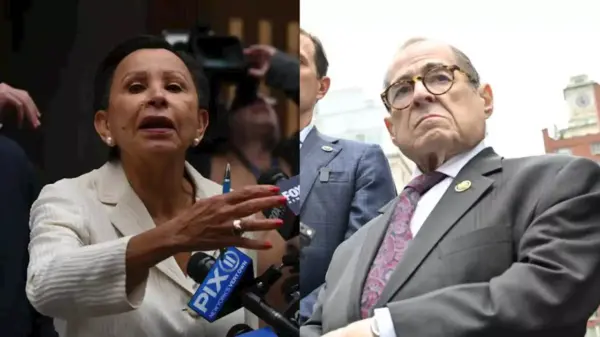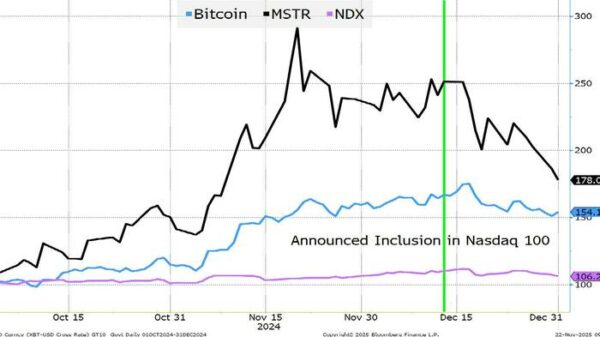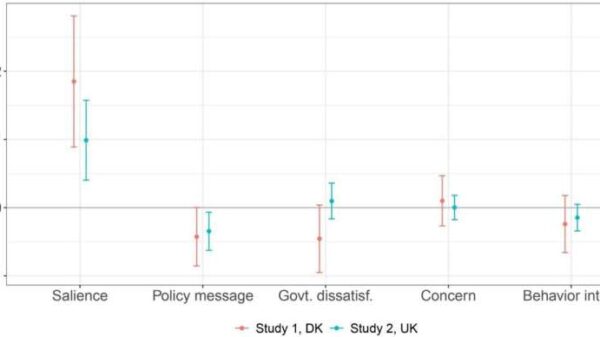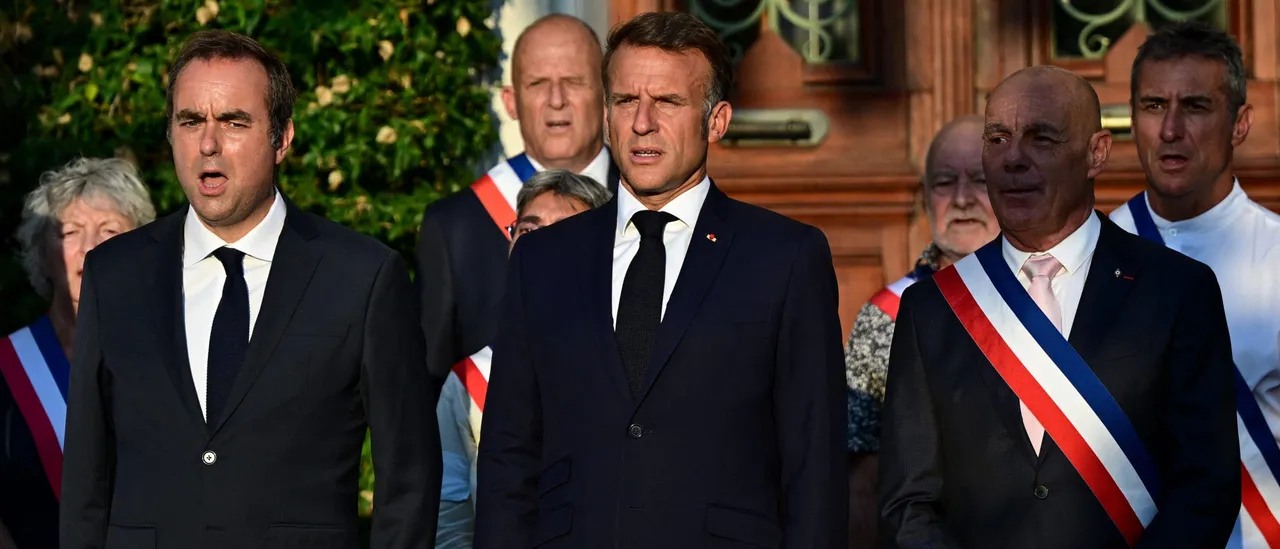Sébastien Lecornu, the Prime Minister of France, resigned on September 10, 2025, after serving just 27 days, marking the shortest tenure in the history of the French Republic. His resignation came under pressure from conservative factions in Parliament, a mere 14 hours after he announced the members of his cabinet, as reported by Politico.
Lecornu took office on September 9, 2025, succeeding François Bayrou. Prior to becoming Prime Minister, he was the Minister of the Armed Forces under President Emmanuel Macron. Following his resignation, Lecornu stated that his government will continue to function until a new Prime Minister is appointed.
Political Turmoil and Calls for Elections
In response to Lecornu’s resignation, President Macron faces a critical decision: either appoint a sixth Prime Minister since his reelection in 2022 or dissolve the lower house of Parliament and call for early legislative elections. Marine Le Pen, leader of the far-right movement in France, has already urged Macron to dissolve the National Assembly, arguing that “there is no solution” to the current political deadlock.
Lecornu’s resignation speech highlighted the divisions within the legislature. He noted, “The political parties continue to adopt a posture as if they all had an absolute majority in the National Assembly.” He expressed frustration over the lack of willingness from various parties to compromise on their political agendas, which contributed to his inability to form a stable government.
The turmoil within the government reflects a broader division in the French legislature, where over 320 members out of 530 hold far-left or far-right positions, according to the Associated Press. Lecornu’s government faced immediate opposition from a block of 50 conservative parliamentarians who rejected his appointment of Bruno Le Maire as defense minister. Le Maire, who previously served as the economy and finance minister from 2017 to 2024, was criticized by Macron’s opponents for contributing to a growing national deficit.
Future Prospects and Negotiations
As Lecornu steps down, he has a narrow window of 48 hours to salvage his government. Macron has authorized final negotiations to take place by Wednesday evening, aiming to establish a functional government amid rising tensions. “I have accepted, at the request of the President of the Republic, to hold final discussions with the political forces for the stability of the country,” Lecornu stated in a post on X (formerly Twitter).
The political landscape in France is increasingly complex, with various factions demanding clear policy changes before any collaboration can proceed. The composition of Lecornu’s cabinet, heavily influenced by members of Macron’s previous administration, has drawn criticism. Bruno Retailleau, leader of the center-right Les Républicains, expressed disappointment, stating that the government’s makeup does not reflect the change that many voters anticipated.
As France navigates this political upheaval, the outcome of the next few days will be crucial. Macron’s decisions could either stabilize the government or lead to a reshaping of the political landscape through early elections. The situation remains fluid, and all eyes are on the Elysee Palace as developments unfold.




































































